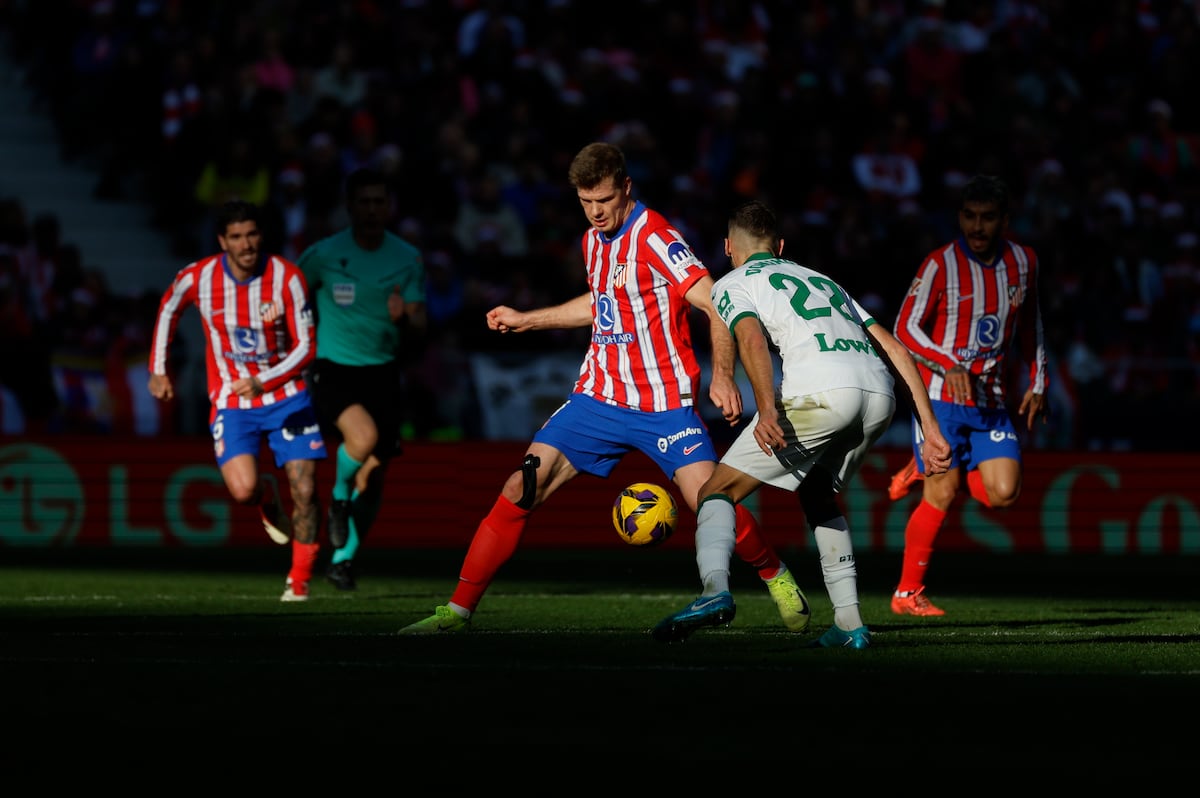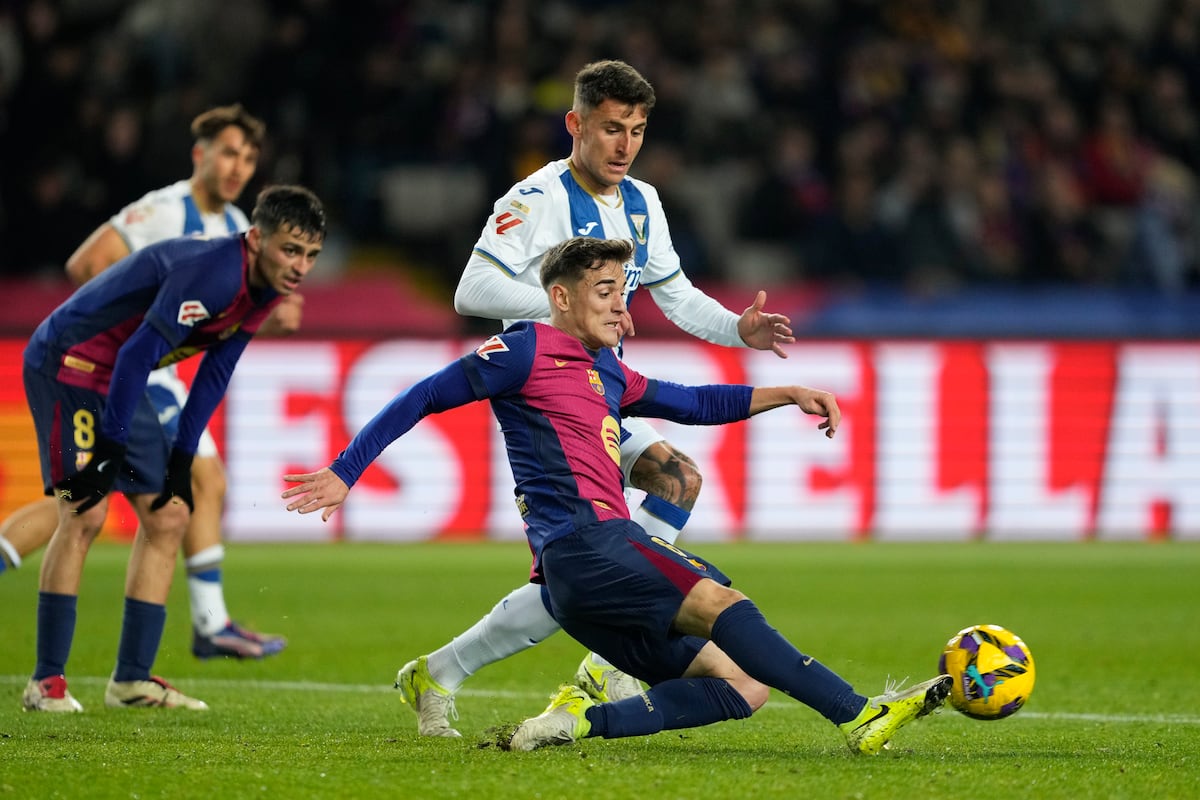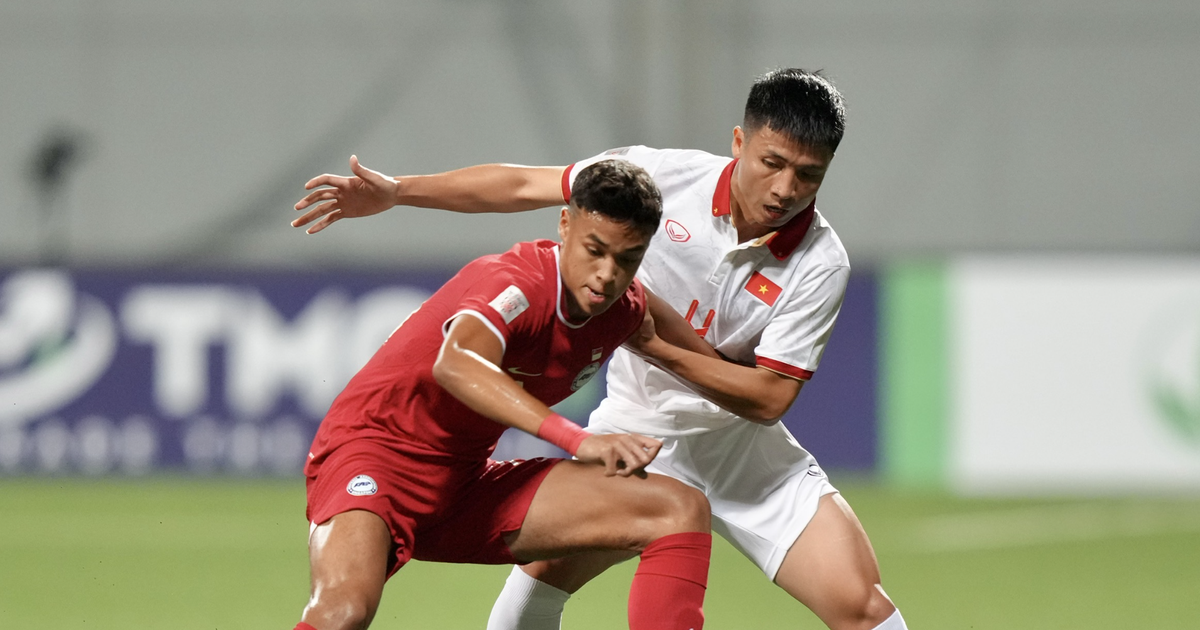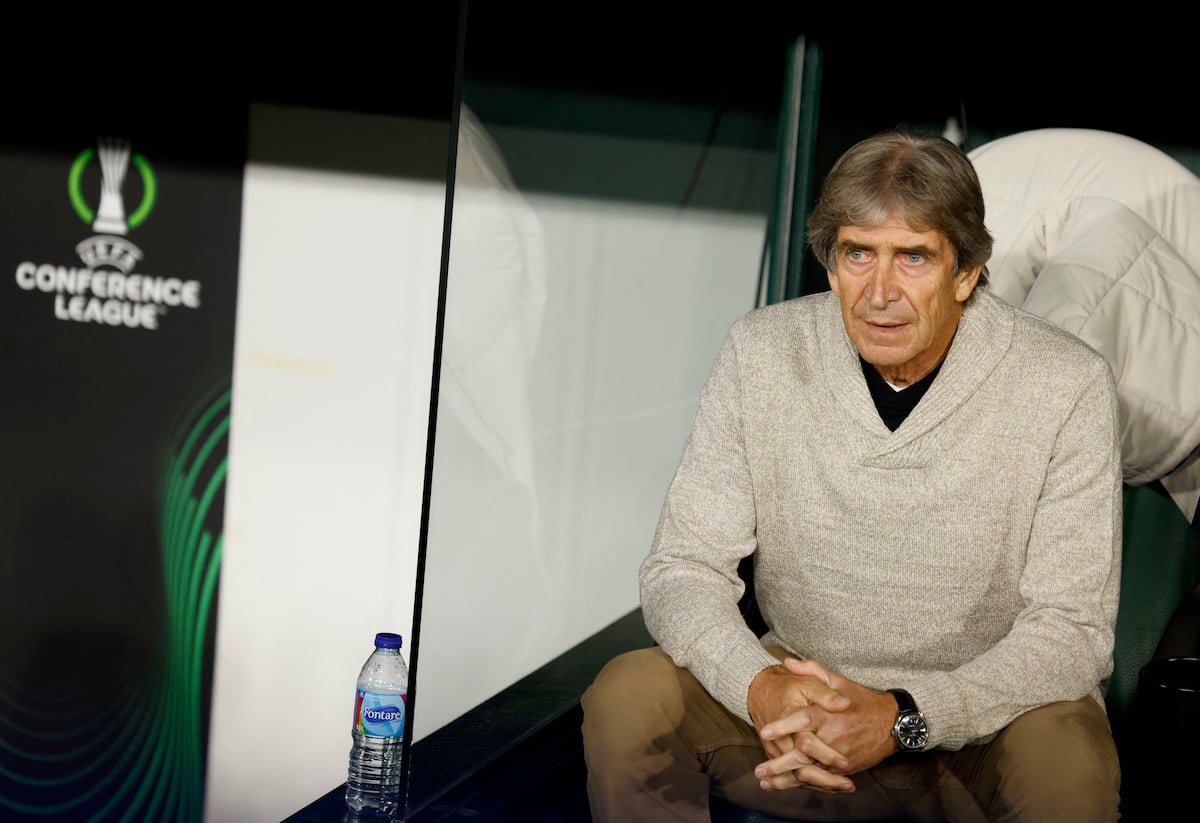I have not yet met any player who has told me that she wants to be a substitute. They all want—and ask—to play. At the beginning. 90 minutes. And all the games. Understandable, but not feasible, unless you have a squad of 11 players who never get injured. And that doesn’t exist. Starting, then, from this initial chimera, it seems difficult to manage without friction the legitimate wishes of the protagonists, with the necessary juggling of minutes and trust that coaches make with large squads and congested calendars.
It’s time to negotiate. And that’s where key skills come into play to practice this profession at the elite level: your ability to convince, anticipate and be transparent. The health of a locker room is usually measured by the ability of those who play the least to contribute. To accept the assigned role, no matter how small and frustrating, and to find a way to positively impact the group. I am clear that it is a shared responsibility between player and coach and that it will work better the greater the presence of values such as humility or empathy.
A few weeks ago, Correa’s role as Atlético’s number 12 player stood out. He is a model substitute, the ideal complement to a performance team. Come in and contribute. He swallows his desire to be there when he wants to accept that he has to go out when they need him. It might seem like a special and exclusive virtue of the Argentine attacker, but there is something—there must be—in Simeone’s management that is extending it to other non-starters. So far in the League, there have been ten goals scored by the Colchonero bench and 13 (out of 31) by Atleti in the last quarter of an hour of their matches.
The data are as brutal as it is true that, even so, the debate between starters and substitutes will continue to live on. Surely it is infinite, because of how difficult it is for us in football to review the hierarchies and inertias of the groups. This Saturday in Montjuïc, whoever is chosen to start against Barcelona will be happier than whoever has to sit and wait their turn, and the first substitute will be much more upset than whoever is removed with just a few minutes remaining. Wonderful crossover between the expectations of those who play with torture to win and being fair to those who decide.
How can we better distribute responsibilities and value the starting eleven equally as well as the changes? Why are 90 normal minutes still worth more than 30, 20 or 15 exceptional ones? Can we rethink the management of parties to function by partial?
The only thing that seems clear to me is that today’s football is less and less continuous and more fragmented and not only because of how training is being done from a conditional point of view, but also because of how we are managing control and lack of control. in matches from a technical-tactical perspective. There is a pause or there is vertigo. There is stability or there is chaos. Are there players for both? Or are we labeling the footballer, believing that he is valid for one scenario but is limited for the other? Could it be that we are looking for justification for the distribution of minutes?
Since 2021, after the pandemic, instead of three we have five changes, so it seems obvious that the matches will not be a matter of the first eleven chosen, but of the final 16 participants. Let’s count, even if they don’t seem to count, the uncalled-up or injured players, who also help the team’s plan and atmosphere during the week. Soccer is a team sport, although in the world of highlights Sometimes it seems the opposite. Hopefully we can reeducate the player so that his dream of playing 90 minutes also responds to being important in combinations of 45+45, 60+30 or 75+15.









